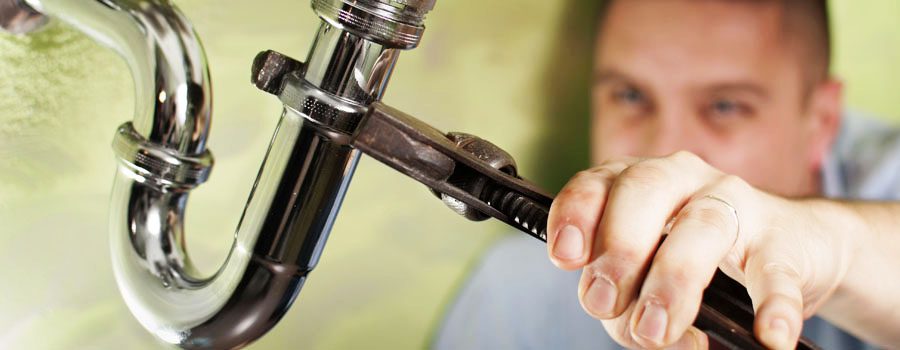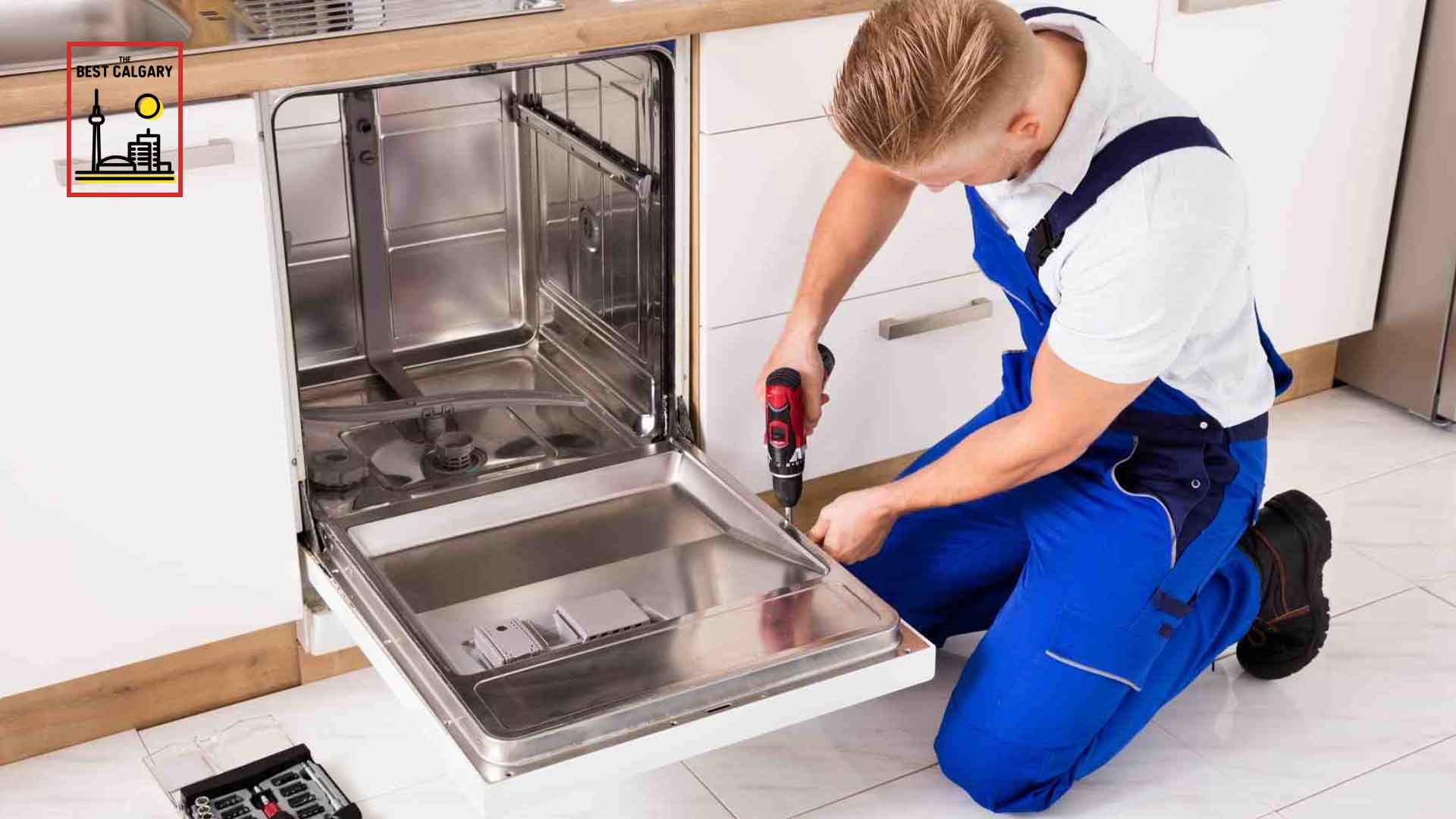Avoid Allowing These 6 Things Damage Your Home's Plumbing Appliances
Avoid Allowing These 6 Things Damage Your Home's Plumbing Appliances
Blog Article
We have uncovered the article about Don’t Let an Earthquake Damage Your Plumbing below on the net and believe it made sense to relate it with you on this site.

The trick to long-term home appliances, unsurprisingly, is proper upkeep. There's no hard and fast regulation that can ensure your plumbing devices a long wear, however you can prevent unnecessary damages and repair services by avoiding bad plumbing routines.
You ought to quit doing these 6 things else you'll keep calling your plumber over for minor faults.
Flushing whatever
Yes, your commode drainpipe leads to the sewers, but that doesn't imply you must discard simply anything away. Several 'flushable' products are really great clog beginners, as an example dental floss. Asides keeping apparent non-flushable materials like cables and also plastics out of your commode, you must likewise avoid flushing cotton buds, menstruation products, wipes, daipers as well as condoms down the toilet drain.
DIYing everything
With plumbing, a stitch in time truly does conserve 9. You can stop a fullblown plumbing emergency by calling your plumber at the correct time.
You may have found out a few plumbing hacks from your dad, but you should know where to draw a line and call a professional. As an example, you might be able to take care of a blockage yourself, yet you shouldn't attempt to alter a pipeline. You can mismatch pipelines or overtighten a screw, triggering more injury and damages than you assumed. Calling a plumber is a secure and inexpensive choice.
Utilizing excessive drainpipe cleaner
Utilizing a drainpipe cleaner greater than one or two times a month is an indicator that something severe is going on within your pipelines. Now, as opposed to facing the main concern, you opt for a quick fix; a carbonated drain cleaner. Rightfully, a drain cleaner will look after the clog, however at what cost?
The chemicals in a drain cleaner can accelerate the rust of your pipes. Add that to whatever underlying problem is creating the blockage and you may have to a serious trouble on your hands.
If you experience a lot of obstructions, call your emergency plumber instead of using a drain cleaner.
Pouring grease in the sink
We know appropriately taking care of grease after a hearty meal is a discomfort. Yet merely putting it away can do long-lasting damage to your pipes. "The fat and also grease can clog your drainpipe terribly sufficient to compel you to call a plumber," discusses Dawson. "Plumbing works best when it's well looked after-- not abused with grease."
Not transforming your dishwashing machine hoses
One simple way to make sure that you use your dishwashing machine for several years is to replace the tube a minimum of as soon as in five years. This likewise applies for washing maker tubes.
In time, food bits, soap and also grease can create blockages within your pipes. Changing them on schedule will certainly avoid any type of presure develop that can damage the internal workings of your dishwashing machine or cleaning machine.
A reinforced steel intertwined tube does an excellent job of prolonging your device's use time.
No winter months precautions
Severe climate condition are bad for your pipes, specifically if they're constructed from steel. You should shield your exposed pipelines, and your water tank, even if you have a water heater. You should additionally turn off your garden tube valve and any other outside water networks. These networks are electrical outlets for cold; you pipes can begin to freeze from outdoors if you do not.
How Hard Water Damages Your Plumbing and Appliances
Hard water is no stranger to most households across America. This silent invader affects 85% of homes in the United States every day, wreaking havoc on pipes, plumbing fixtures, and water-using appliances.
Should you become a victim of hard water, you must understand exactly what it is and how it affects your plumbing and appliances. This will help you determine the correct measures to put in place to fix or prevent any problems that may arise.
First off, what exactly is “hard” water?
In short, “hard water” is used to describe water that contains relatively high amounts of dissolved minerals, primarily calcium and magnesium, and a host of trace metals. When rainwater falls from the sky (usually in a pure form), it absorbs the hardness minerals from rocks and soil, which changes it from soft to hard water.
What about my plumbing and appliances?
Mineral deposits from hard water can cause buildup on tubs, shower, sinks, faucets. But that’s only a small scratch of the surface. Those minerals can gradually build up inside pipes, fixtures, water heaters, washing machines, and dishwashers. Once they accumulate in those areas, they can clog pipes and create major problems throughout your plumbing system, from reduced water flow to increased pressure on pipes and fixtures.
This limescale buildup might affect some appliances, causing them to operate less efficiently and wear down faster. And the result? Higher energy bills, more (costly) plumbing replacements and repairs, and damaged appliances.
Keep in mind that certain types of plumbing are more susceptible to clogging than others. Copper, PVC, and PEX pipes are more resistant to hard water buildup and corrosion, but they can still get clogged or completely blocked by scale deposits.
How do I know if my water is hard?
White limescale buildup on plumbing fixtures (or any of the other signs mentioned above) is usually a good sign that your water is hard. If you suspect that you have hard water, you can simply shake up a small amount of dish soap and water in a closed container. If the mixture doesn’t create a lot of suds, you probably have hard water.
The most precise method, however, is to test your water with a DIY test kit (sold online or at local home centers or hardware stores) or send a water sample from your tap to a local lab to be tested. Be sure that you understand the nature of the test, the water condition being measured, and the significance of the test results.
Another way to obtain an estimate of water hardness is to check your annual water quality report to see if your water provider has reported any instance(s) of water hardness in your water supply.
https://www.springwellwater.com/how-hard-water-damages-your-plumbing-and-appliances/

Do you really like reading up on Can Hard Water Ruin Your Appliances?? Make a remark below. We would be delighted to see your views about this write up. Hoping that you come back again in the future. Don't hesitate to take a moment to share this content if you liked it. Thanks a lot for your time spent reading it.
Click Here! Report this page